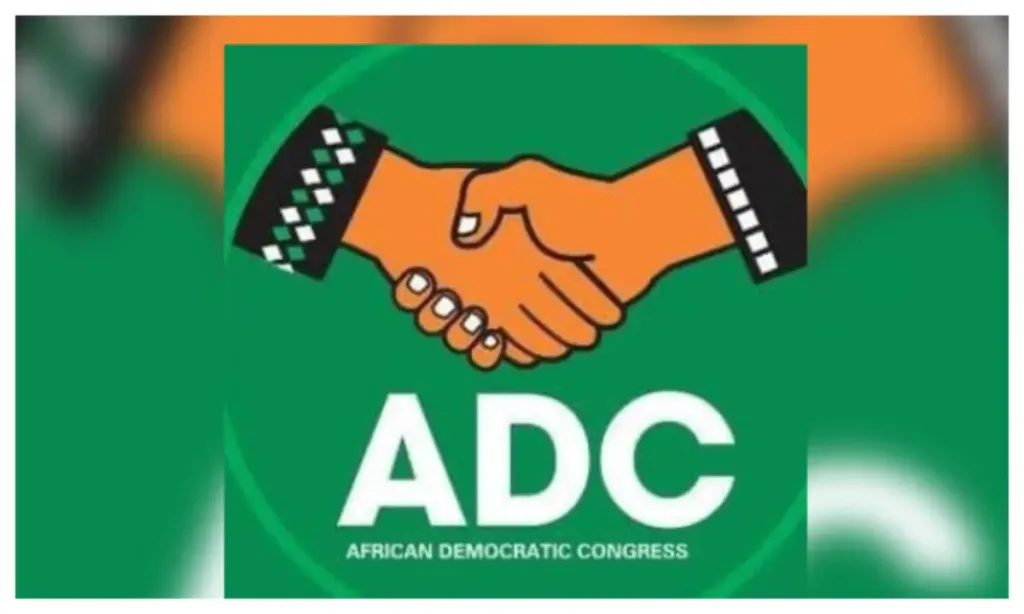Danji Usman, a former lawmaker representing Nigeria’s Wukari/Ibi federal constituency, has officially defected from the ruling All Progressives Congress (APC) to join the African Democratic Congress (ADC), signaling a strategic shift ahead of the 2027 general elections. The announcement, made during a public address in Jalingo, the capital of Taraba State, underscores growing political realignments in the region as parties position for upcoming electoral contests.
Usman framed the switch as a deliberate move to advance his political objectives and advocate for what he described as more inclusive governance. “This decision followed careful consideration, due diligence, and wide consultations,” he said, emphasizing the ADC’s alignment with his vision for “people-centered policies” and democratic renewal. His remarks hinted at dissatisfaction with the APC’s leadership, citing a need to “rescue the people of Taraba from the grip of bad governance”—a message directed at supporters in Southern Taraba, across the state, and within the diaspora.
The former legislator extended gratitude to his backers for their loyalty following his earlier departure from the APC, calling their steadfastness a reflection of shared aspirations. Asserting the ADC’s viability as an alternative platform, he urged supporters to rally behind his new affiliation: “Together, we can empower the underprivileged, improve living conditions, and support communities in need.” The appeal appeared tailored to consolidate his base while attracting advocates of social equity and reform.
While Usman did not specify policy priorities beyond broad pledges to uplift marginalized groups, his defection aligns with a broader trend of Nigerian politicians recalibrating alliances ahead of election cycles. The ADC, a minor opposition party, has recently sought to position itself as a credible challenger to dominant parties like the APC and the Peoples Democratic Party (PDP), particularly in states where governance challenges have fueled public discontent.
Political analysts note that such defections often signal intra-party tensions or strategic calculations to access broader voter networks. Taraba, a ethnically diverse state in northeastern Nigeria, has witnessed fluctuating loyalties in recent years, with opposition gains in the 2023 elections suggesting potential shifts in voter sentiment. Usman’s move could signal efforts to capitalize on these dynamics, though the ADC’s capacity to compete nationally remains untested.
The transition comes amid heightened scrutiny of Nigeria’s political landscape, where economic strains, security crises, and calls for institutional accountability dominate public discourse. Usman’s emphasis on “rescuing” constituents aligns with rhetoric adopted by critics of incumbent administrations, though tangible outcomes will hinge on coalition-building and policy execution. As parties begin early preparations for 2027, observers anticipate further realignments, particularly among mid-level politicians seeking leverage in an increasingly competitive arena.
